Heart disease is the leading cause of death in the United States and heart health is one of the most confusing topics in the nutrition realm. It’s also one that’s especially close to my heart since my own father underwent unexpected major heart surgery not so long ago. And, because I was first prescribed a statin drug when I was 20 years young. I remember all too well my feelings of anxiety, helplessness and confusion, having no clue what caused my situation.
Things got even more personal when my father underwent surgery. He’d been the picture of health, having always eaten “right” and exercised a lot. During this period, I was studying to become a dietitian, being taught in school that low-fat, low-calorie diets—including plenty of grains and no traces of added fat—were the gold standard for heart health (exactly what my father and I had been practicing!). That’s when I really dug into the research and uncovered the facts; to this day, I remain confident in my decision to never take that statin drug, and to eat egg yolks, shrimp, and steak to my heart’s content …and my heart’s health. My dad is doing the same, and thanks to this, he’s the healthiest he’s ever been, cholesterol be damned.
You might still be balking at the thought of adding saturated fats like butter and cholesterol-filled egg yolks to your diet to protect your heart, and you’re not alone in feeling this way. There are a lot of misconceptions, confusion and flat out bad information out there on this topic of heart disease and cholesterol. For years, doctors and dietitians have prescribed a low fat, low cholesterol diet for heart health and coincidentally (or not), the prevalence of Type Two diabetes, obesity, cancer and yes, heart disease have skyrocketed! The good news is that the science is finally being publicized that saturated fat and dietary cholesterol are not linked to heart disease. The literature says there was no evidence to support the low-fat message in the first place and that “sound nutritional knowledge was distinctly lacking” in generating these guidelines. A group from the American Heart Association and the American College of Cardiology says there is simply not enough evidence to recommend limiting cholesterol in diets.
The fact of the matter is that cholesterol does NOT cause heart disease!
The key to heart health is to keep internal inflammation at bay by limiting consumption of sugar, grains, processed carbohydrates and refined oils and eating MORE healthy fats, exercising smart, managing stress and including quality, heart protective supplements.
Unfortunately, doctors receive very limited education on the nutrition side of health. Because of this, they may sing praises for statin drugs and low-fat diets. At your next appointment, go armed with the key points I’m about to share with you here.
Let’s dive in and cover 7 more things your doctor didn’t tell you about heart health.
7 Things Your Doctor Didn’t Tell You About Heart Health:
1. Your total cholesterol number means squat. Seriously. Toss it out the window with the margarine, whole grain bread and egg whites (actually, hold on to those, just be sure to eat the yolks too!). What really matters is the breakdown of your total cholesterol count (covered in this post). Did you know that over half of all heart attacks occur in people with normal cholesterol levels? Fewer than half of them have “high” cholesterol! To understand why this happens, we must back up and examine cholesterol for what it actually is.
2. Cholesterol is a hero, not a villain. Cholesterol is a waxy, fat-like substance found in every cell in your body. Elevated cholesterol is a symptom of inflammation, but not the cause. So when cholesterol levels increase, it may mean your body is trying to combat inflammation and cholesterol came to your aid to heal the damage, as a protective mechanism. What’s promoting heart disease is the inflammation, not the cholesterol. Simply reducing cholesterol numbers does not reduce risk of death from heart disease.
3. Without cholesterol, you would die. Not only is cholesterol the hero, but you actually need it to survive. It’s so critical that if your body doesn’t get enough of it through the food you’re eating, it will make it! (And eating sufficient amounts of it gives your body a break from having to make as much.) Cholesterol is necessary to make hormones, fix microscopic tears in blood vessels, for repairing damaged nerves, for facilitating fat digestion, and more!
4. Your high LDL isn’t necessarily bad. We’ve been given an oversimplified and incomplete view of LDL cholesterol, or as it’s commonly referred to as “the bad cholesterol”. LDL cholesterol is made up of two different particle sizes: big fluffy type A profile particles (these are healthy and healing!) and small dense, type B particles (these are harmful and inflammatory). Your LDL cholesterol number isn’t much help without knowing the whole makeup of the LDL and therefore, how much of it is the harmful kind. Labeling all LDL as bad and driving that total LDL number to the ground isn’t the simple solution for heart health that we’ve been told. You can find out the full breakdown of your LDL by getting a NMR Lipoprofile test (you can get it done on your own through places like this). If your total LDL number is considered “high,” many doctors will firmly suggest a drug without ever running this test and finding out your LDL particle size.
5. Statin drugs are pretty much a scam. By far one of the best selling drugs in the United States, statin drugs are given out like candy as a quick fix to lower cholesterol. Currently, the only group that has been shown to benefit from taking a statin drug is middle aged men who already have heart disease. They’ve never been shown to be effective in people without heart disease. Besides being far less effective than we’ve been led to believe, statins have many terrible side effects that drug manufacturers do their best to keep hidden, including muscle pain, fatigue, weakness, memory and cognition problems and depleting the body of CoQ10, one of the most important nutrients for the heart (and easiest supplements to take— I recommend this one). All that said, even if statins do work, it has very little to do with their cholesterol-lowering ability and more to do with the fact that they are anti-inflammatory…and we can reduce inflammation with food, key supplements and lifestyle changes—all of which don’t include side effects! Unless of course you count more energy, weight loss, pain management, and all around better health a side effect! That’s the exciting part of the story.
6. Butter and eggs are good for your heart. Despite what we’ve been told for five decades, saturated fat does not increase your risk for heart disease, as shown in a thorough review article compiling data from decades of studies and a meta-analysis of data from 72 studies involving 600,000 participants in 18 countries and a systematic review and meta-analysis by the American College of Physicians. Healthy fats, like butter and egg yolks (and coconut oil, olive oil, nuts, seeds and avocado) help reduce inflammation which in turn, protects your heart. Your heart actually needs 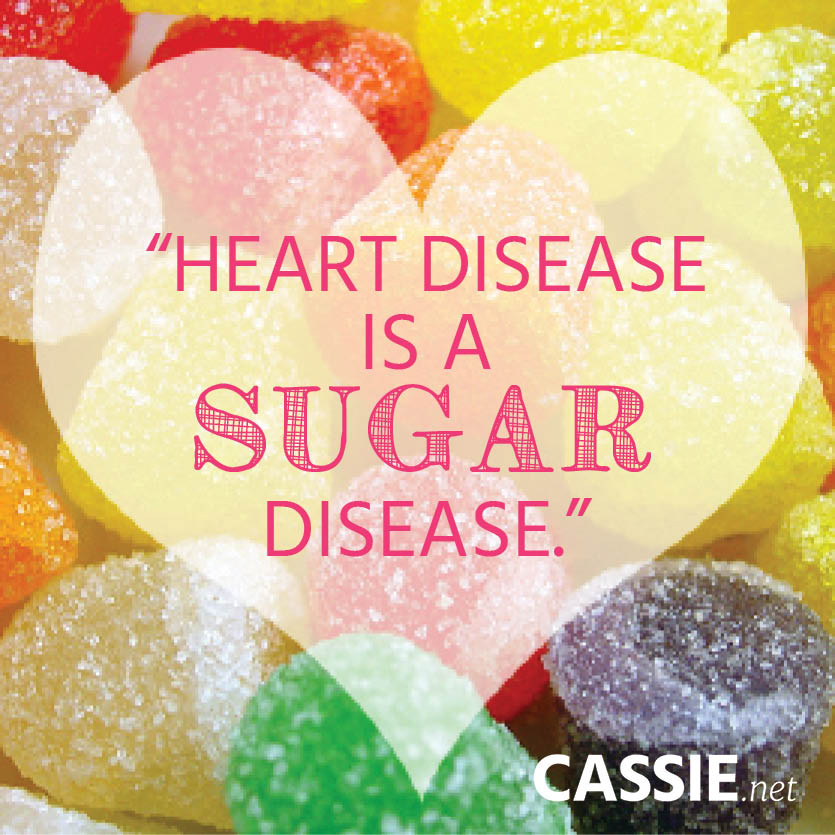 saturated fat.
saturated fat.
7. Your bread and pasta addiction are likely promoting heart disease. And so is your morning bowl of oatmeal. Oh, and your glass of “heart healthy” orange juice. It’s hard to hear, I know, especially when whole grains have been pushed on us as a heart healthy food for years! The truth is that heart disease is a sugar disease. All carbohydrates turn into sugar in your body. Think of carbs and sugar as little pieces of glass that are cutting up your vessels and causing inflammation. It would make sense as to why pouring less shards of glass into your body will be beneficial for your heart then, right? Replace inflammatory bread and pasta with nutrient dense veggies and fruits. Ditching processed grains that contain anti-nutrients and replacing them with real food carbohydrates will protect your heart!
So, instead of fretting over your total cholesterol number or filling the prescription for that expensive-and-likely-ineffective statin drug, you can protect your heart naturally in seven simple ways. Consume fewer carbs and sugar, embrace healthy fats (which means avoiding trans fats and vegetable oils), eat in PFC balance, include heart protective supplements like CoQ10, Fish Oil, Probiotic and L-Glutamine, incorporate exercise into your day, and last but not least, address your stress!
Check out this post “7 Ways to Protect Your Heart Naturally” for more on those tips.

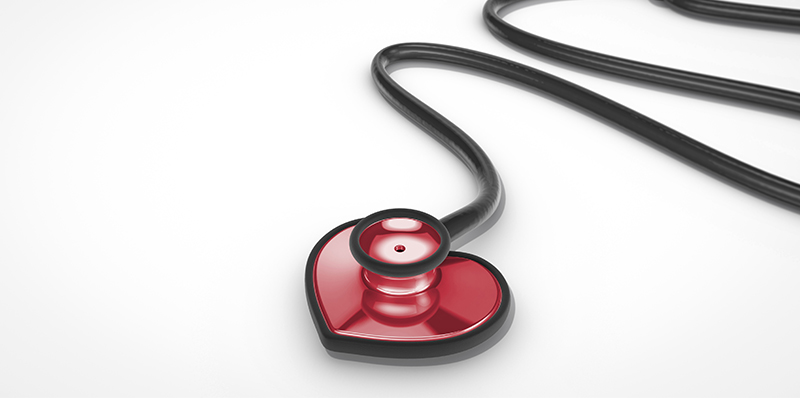

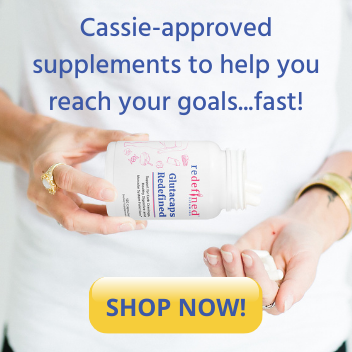
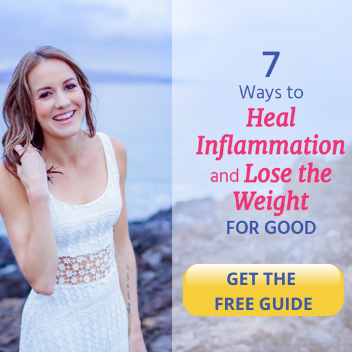




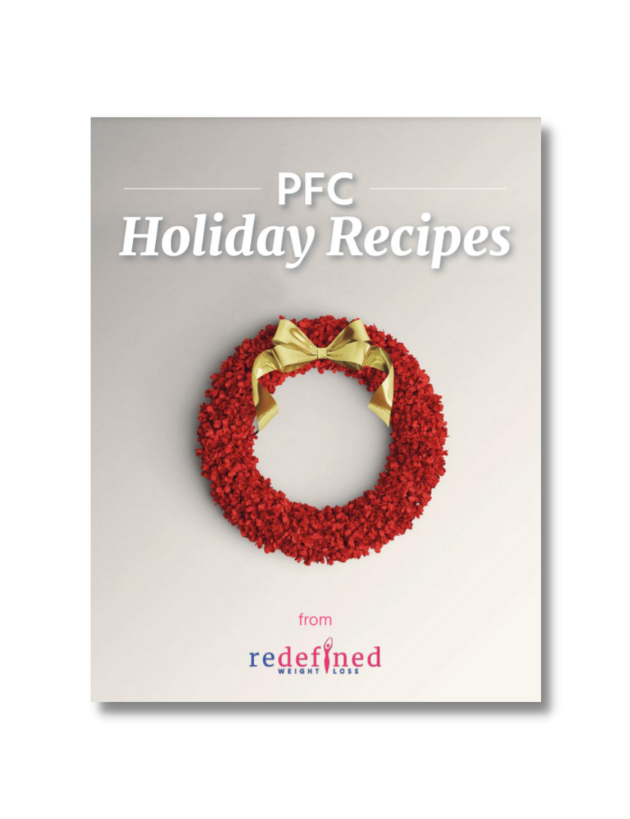


Agreed! It’s hard for people to wrap their minds around this since we’ve been given false information for years. Thank you for helping me spread the word!